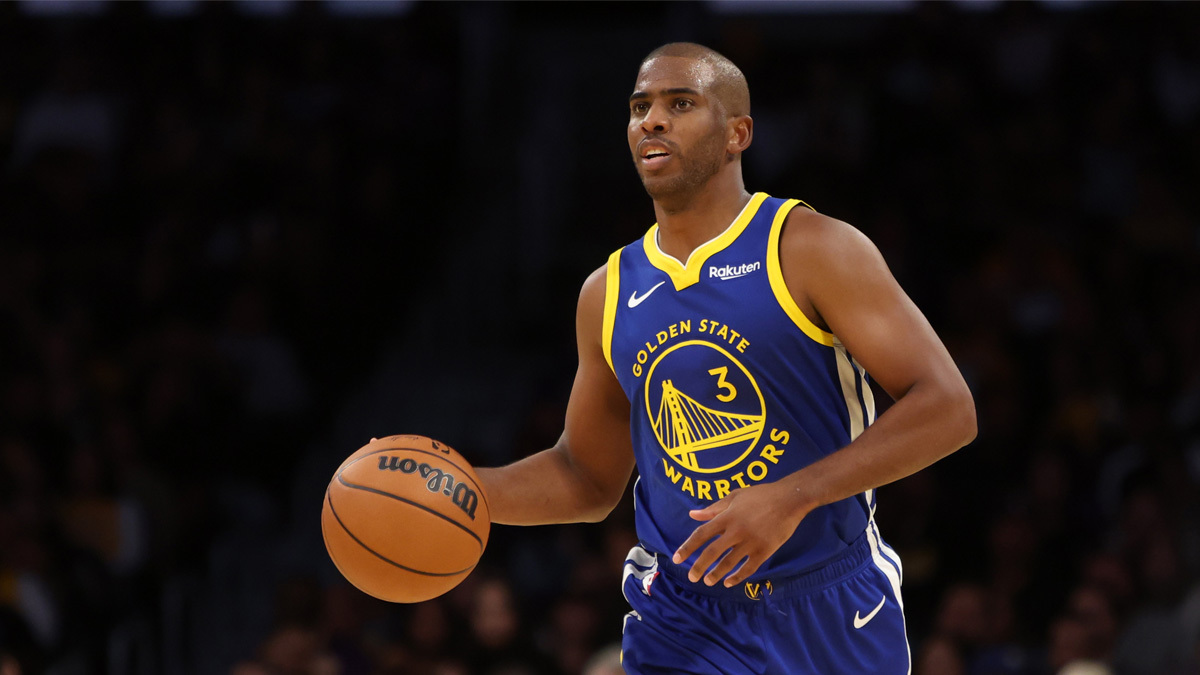As the Warriors stack exasperating losses like Shohei Ohtani dollars, they have reached the place spiraling teams take pains to avoid. At the corner of blame game and finger-pointing.
And there is Steve Kerr, in the middle of the intersection, wagging his finger and assigning blame. At the coach.
After initially threatening to have the Warriors watch every turnover – all 29 – that sent them tumbling to a 138-136 loss on Friday in Oklahoma City, Kerr a few hours later backed off his players and turned the energy upon himself.
Stay in the game with the latest updates on your beloved Bay Area and California sports teams! Sign up here for our All Access Daily newsletter.
“I didn’t show them to the team; that was a lot of smoke on my part,” he told reporters Sunday in Phoenix, where Golden State faces the Suns on Tuesday. “I threatened to, but I didn’t end up doing it.”
It probably was the proper decision, but Kerr did isolate a few miscues to make a point about what needs to be done by the coaching staff and him and the players. The focus was on decision-making and execution.
“As the head coach, I’m responsible for both,” Kerr said.
Poor decisions and sloppy execution were the primary sources of those turnovers against the Thunder and so many other opponents this season. Only four NBA teams, with a combined 18-68 record, hand out more gifts.
Golden State Warriors
To put a finer point on it, the Warriors have gone 14 consecutive games without winning the turnover battle.
Video review reveals the fault lies with players and also coaches, particularly the execution.
“I'm seeing areas where we can do a better job of teaching our concepts within our offense,” Kerr said. “For example, we had three illegal screens, maybe four, and our timing was off on the screens.
“Everybody's really smart in the league. We're the number one off-ball screen-setting team in the league, for our shooters. Everybody's learned [to] run into the screener and flop. There were probably four of those the other night, and we have to understand that's what's coming if the timing is not right.
“If we clean up our timing, the flops don't matter,” Kerr concluded. “But because our timing was off, we gave them the opportunity to draw fouls and [the Thunder] did a good job with that.”
A breakdown of the turnovers in the loss to the Thunder looks like this: one shot-clock violation, one traveling call, one accidental foot out of bounds, five lost dribbles, five illegal screens and 16 bad passes.
Golden State’s 29 empty possessions against the Thunder spanned the spectrum of possibilities but mostly were on the players. Every team will be guilty of bad passes, but 16 in one game, even with the five extra minutes of overtime, virtually guarantees leaving the arena with an L.
Kerr acknowledged that Stephen Curry and Draymond Green, as primary ball-handlers, are given more latitude than everyone else on the roster. As many as three turnovers might be permissible for each. Curry committed three, Green four in OKC. Andrew Wiggins was the wild card, committing a game-high, five coming after halftime, including errant passes on back-to-back possessions.
“He knows,” Kerr said of Wiggins, “he can’t have six turnovers for us to win.”
The response to Golden State’s latest messy performance was an extended Sunday practice session at Grand Canyon College. A “college practice,” according to Kerr. Everyone was involved except Klay Thompson (ill) and Gary Payton II (right calf strain), who worked out on the side.
The Warriors are 0-2 against the Suns, and their four-time All-Star guard Bradley Beal was sidelined for both. He is expected to return Tuesday. After the Suns come the Clippers in Los Angeles on Thursday.
Not until after Golden State returns home on Dec. 16 to play 11 of 13 at Chase Center will there be a clearer sense of the team’s direction.
Meanwhile, internal faith is bending but is not broken.
“I told the team we’re getting big leads on the road against good teams; that's a good sign,” Kerr said. “So, it's not like we can't compete and we're all sitting here like ‘this team's not good enough’ or ‘we got to make trades.’ None of that. We're good.
“But we’ve got to improve in these areas. And that's on us as coaches to give [players] an opportunity to do that. And then it's on [players] to execute that once we figure everything out. And I'm very confident that's all going to happen.”
The caveat is that the blame game can be successful at identifying problems. That’s half of the equation. It’s the other half, finding actual solutions, that has been elusive.


